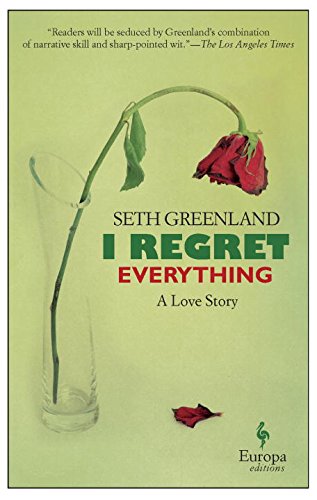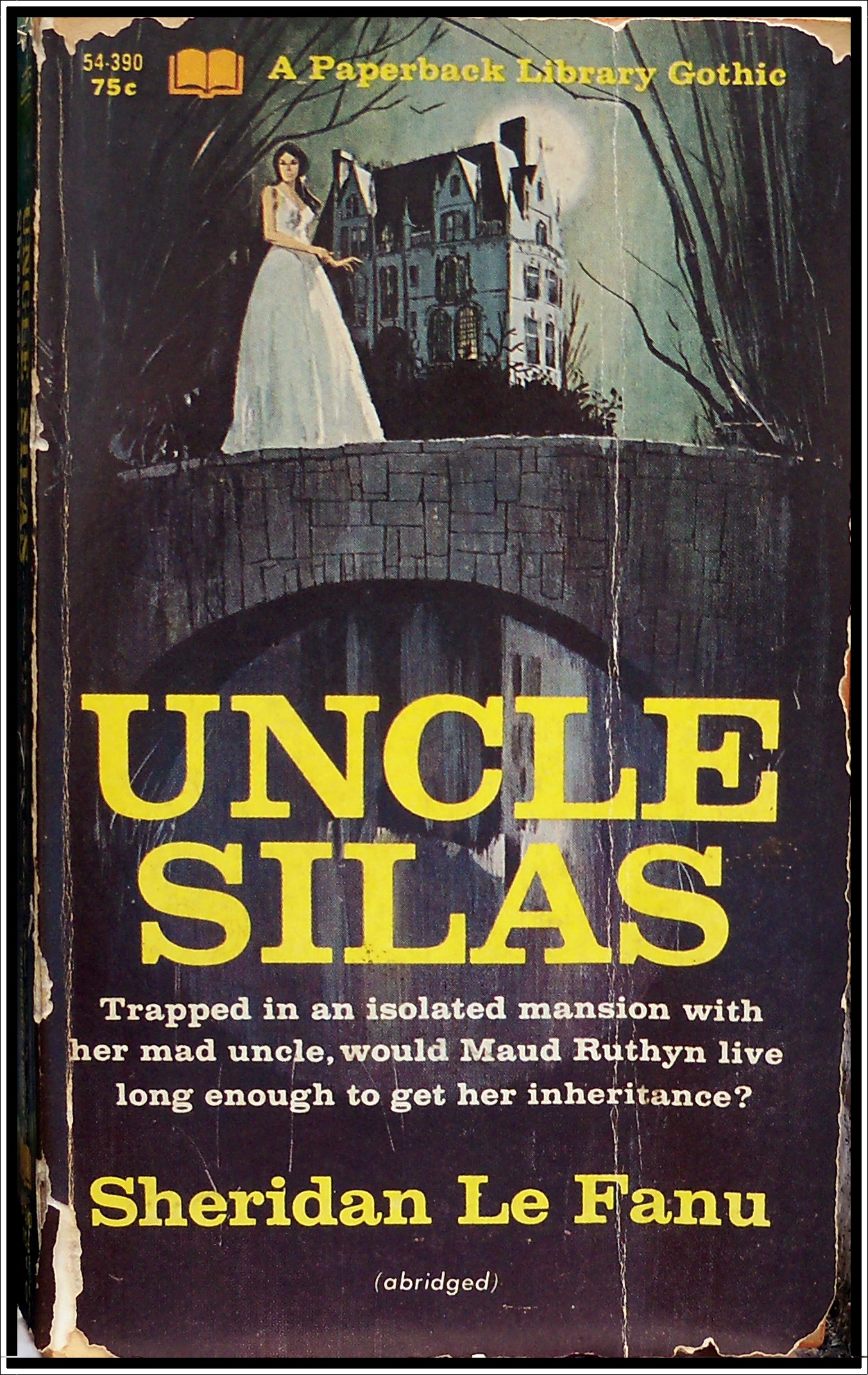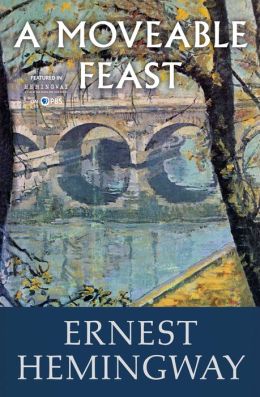 The first civil right of every American is to be free from domestic violence . . . . And to those who say that law-and-order is the code word for racism, here is a reply: Our goal is justice--justice for every American. --Richard Nixon's Acceptance of the Republican Party Nomination for President, August 8, 1968.
The first civil right of every American is to be free from domestic violence . . . . And to those who say that law-and-order is the code word for racism, here is a reply: Our goal is justice--justice for every American. --Richard Nixon's Acceptance of the Republican Party Nomination for President, August 8, 1968.The [first] Condition of Our Rights [is] the Right to Safety and Security of the Person . . . . Many fear entanglement with the law because of the knowledge that the justice rendered in some courts is not equal for all persons. --President Harry S. Truman's Committee on Civil Rights, To Secure These Rights, 1947.
Professor Murakawa starts her book with these two quotations, taken from different eras, both asserting something akin to the first civil right, and seemingly different in meaning. The first is an assertion of freedom from criminal violence. The second asserts freedom from racial, state-sanctioned violence. Murakawa's book unpacks these seemingly different positions to show that they had the lead to the same result: over-criminalization and mass-incarceration. She does so by following criminal justice debates starting in the immediate post-World War II era through the 1990s. Her thesis is that race-liberals and/or Democrats are as accountable for the current state of criminal justice as race-conservatives and Republicans.
So, she explains, after World War II, as we started to confront racial injustice, one of the issues lawmakers had to deal with was white mob-violence against African-Americans. Race-conservatives took the position that the mob-violence was an inevitable result to black criminality; thus, any end to white mob-violence required addressing black criminality in the form of harsher punishments. Race-liberals, in turn, addressed white mob-violence in the context of procedural due process and police professionalization. So, race-conservatives and race-liberals were able to compromise with legislation that created more procedures and more police---for race-conservatives, this meant more law enforcement; for race-liberals this meant better (and so, the idea went, fairer) law enforcement.
The problem with this framing of the issue, Murakawa explains, is that it concedes the principle of black criminality. By framing the issue in terms of procedural due process and police professionalization, race-liberals did not confront either the evil of white-mob-violence or the idea that African-Americans were more prone to crime. For Murakawa, this fatal concession shaped all subsequent debates of criminal justice policy.
So, for example, in the 1960s and 1970s as the crime debate turned more towards police brutality on the one hand and civil rights activism on the other, black criminality was already understood as an existing condition. Race-liberals answered these debates, again, with fairer procedural mechanisms and stronger law enforcement, conflating structural fairness with racial fairness. As a result, our criminal justice system gained objective indicators of fairness, without addressing racial inequities or, much worse, challenging the idea that African-Americans are more prone to crime.
When Murakawa turns to the 1980s to present, her book hits its stride---I think mainly because by then everything is coming together and the strength of her thesis is becoming clearer---as she describes Republican and Democratic tough-on-crime bidding wars. Starting in the 1980s, as the "crack epidemic" played into pre-existing racial fears and the drug war took off, she describes how Democrats sought to steal the "crime" issue by being tougher on crime than Republicans. This instigated a bidding war as both parties sought to be the tougher party. Unsurprisingly, this period oversaw an explosion of mandatory minimums and a huge jump in the incarcerated population. It was also in this environment that the number of federal capital crimes exploded and Congress passed anti-habeas legislation.
Murakawa's book seems to be in partial response to The New Jim Crow, which attributed much of the blame for mass-incarceration on Republicans/race-conservatives. In contrast to The New Jim Crow, Murakawa's book focuses on joint-responsibility. I don't think Murakawa's goal is to point fingers or blame, however. Rather, the goal of book seems to show what Congress has been doing with criminal justice issues in the last 60 years to show that we have lost any sense of fairness or restraint. More pointedly, though, the book also seems to imply that adding more procedural due process will not adequately solve what is wrong with the system.
This book is recommended for anyone interested in criminal justice. It's very much written for an academic audience, though, so be warned: it can, at times, be a difficult read. It provides a pretty detailed history of federal criminal law developments since World War II, and it describes much of the debates that went with major reforms. For anyone not interested in slogging through an academic work, I would suggest sticking to something meant for a more general audience, like The New Jim Crow or Don't Shoot.







